Boston bombs: five things we have learned ahead of trial
Tsarnaev brothers allegedly used Christmas lights, model cars and fireworks to construct bombs
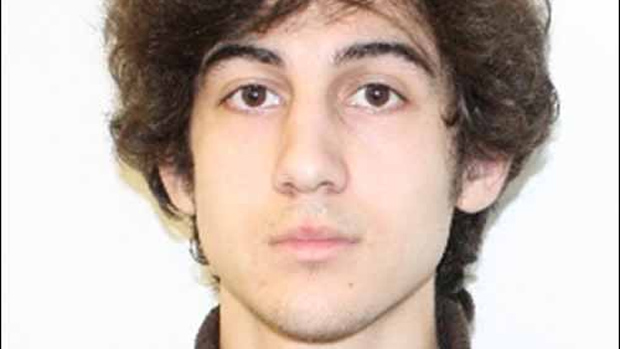
A free daily email with the biggest news stories of the day – and the best features from TheWeek.com
You are now subscribed
Your newsletter sign-up was successful
The Boston Marathon bombers used Christmas lights, model cars and fireworks to build their explosive devices, according to prosecutors. More details about the attack, which killed three people and left 260 injured, have emerged in the run-up to Dzhokhar Tsarnaev's trial. Tsarnaev, now 20, and his older brother Tamerlan, 26, are believed to have built bombs and planted them near the marathon's finish line on 16 April last year.
Tamerlan subsequently died in a police shoot-out days after the attack, while his younger brother has pleaded not guilty to all of the 30 federal charges against him, 17 of which carry the possibility of the death penalty.
Attorneys have been fighting over what evidence can be used in the trial, due to begin in November. Tsarnaev's lawyers want to suppress statements he made at the time of his arrest in hospital, in which he "readily admitted involvement" in the bombings. They argue that the statements are inadmissible because he made them under duress and was not allowed access to a lawyer. The prosecution has opposed the motion and revealed these details...
The Week
Escape your echo chamber. Get the facts behind the news, plus analysis from multiple perspectives.

Sign up for The Week's Free Newsletters
From our morning news briefing to a weekly Good News Newsletter, get the best of The Week delivered directly to your inbox.
From our morning news briefing to a weekly Good News Newsletter, get the best of The Week delivered directly to your inbox.
Dzhokhar Tsarnaev wrote a note while hiding
Three days after the attacks, following an extensive manhunt, Tsarnaev was found hiding inside a boat in a backyard in Watertown, Massachusetts. Included in the court files released this week are details of notes scrawled in pencil in the boat, reports NBC. Tsarnaev allegedly wrote that he was "jealous" of his dead brother. "I do not mourn because his soul is very much alive," he wrote. "God has a plan for each person. Mine was to hide in this boat and shed some light on our actions." Tsarnaev allegedly added: "We Muslims are one body, you hurt one you hurt us all... know you are fighting men who look into the barrel of your gun and see heaven, now how can you compete with that."
Tsarnaev brothers 'used fireworks and Christmas lights'
The documents also shed light on the materials used to make the bombs. Fuses made from Christmas lights, remote-control detonators from model car parts and gunpowder from hundreds of fireworks were used to construct the bombs, according to prosecutors. "These relatively sophisticated devices would have been difficult for the Tsarnaevs to fabricate successfully without training or assistance from others," they claim.
A free daily email with the biggest news stories of the day – and the best features from TheWeek.com
FBI feared larger conspiracy
The FBI's defence for interrogating Tsarnaev in hospital without reading him his rights or allowing him access to a lawyer is that they needed to rule out any immediate threat to public safety. The sophistication of the bombs and the fact that the FBI could not find any traces of gunpowder in the suspects' homes or vehicles led them to believe that someone else was involved and might have built more bombs. At the time, Tsarnaev took full responsibility and no one else has ever been charged in direct connection with the bombings. But prosecutors say: "Finding out if there were other bombs, other bombers, or others plotting similar and coordinated attacks was a public safety matter of the utmost urgency."
Links to al-Qaeda
Prosecutors claim the notes written by Tsarnaev contained the "hallmarks of al-Qaeda-inspired rhetoric". They suggest that he might have received instructions on how to conduct the bombings from a terrorist group and claimed that his repeated use of "we" indicated that "others might be poised to commit similar attacks and that Tsarnaev was urging them on". Federal prosecutors also said that they believed the two brothers closely followed a bomb-making process detailed in the digital al-Qaeda magazine Inspire.
Tsarnaev sent 'LOL' message after the attack
Text messages allegedly sent from Tsarnaev to his college friends after the attack have also emerged in the last week. One of his friends Dias Kadyrbayev is charged with obstructing justice after allegedly throwing away Tsarnaev's backpack, which contained manipulated fireworks and a laptop, reports the Boston Globe. On 18 April, shortly after the FBI released photos of the Tsarnaev brothers, Kadyrbayev texted Tsarnaev, saying: “u saw the news?” After acknowledging that he had, Tsarnaev wrote: "Better not text me my friend... Lol." Kadyrbayev asked: "U saw urself in there?... hahaha", to which Tsarnaev responded: "If yu want yu can go to my room and take what's there."
Boston bomber suspect 'urged to be FBI informant'
1 April
THE FBI tried to recruit one of the accused Boston Marathon bombers as an informant before last April's attack, according to lawyers for the surviving suspect.
Dzhokhar Tsarnaev, now 20, and his older brother Tamerlan, 26, are believed to have built two pressure cooker bombs and planted them near the marathon's finish line, killing three people and injuring more than 260. Lawyers for Dzhokhar are trying to pin the blame on his older brother, who died in a police shootout just days after the attack.
Dzhokhar faces 30 charges, including using a weapon of mass destruction and shooting a police officer dead. He could face the death penalty if convicted when his case goes to trial later this year.
In court documents filed by the defence, an unnamed source has claimed that the FBI previously asked Tamerlan to be an informant, reporting on the Chechen and Muslim communities. Dzhokhar's lawyers have asked a judge to order federal prosecutors to turn over any FBI evidence related to Tamerlan, and hope they can use it to show that he pushed his younger brother into taking part in the attack.
However, the Boston FBI office has previously stated that the Tsarnaev brothers were never sources for the FBI "nor did the FBI attempt to recruit them as sources".
-
 The environmental cost of GLP-1s
The environmental cost of GLP-1sThe explainer Producing the drugs is a dirty process
-
 Greenland’s capital becomes ground zero for the country’s diplomatic straits
Greenland’s capital becomes ground zero for the country’s diplomatic straitsIN THE SPOTLIGHT A flurry of new consular activity in Nuuk shows how important Greenland has become to Europeans’ anxiety about American imperialism
-
 ‘This is something that happens all too often’
‘This is something that happens all too often’Instant Opinion Opinion, comment and editorials of the day
-
 How the ‘British FBI’ will work
How the ‘British FBI’ will workThe Explainer New National Police Service to focus on fighting terrorism, fraud and organised crime, freeing up local forces to tackle everyday offences
-
 How the Bondi massacre unfolded
How the Bondi massacre unfoldedIn Depth Deadly terrorist attack during Hanukkah celebration in Sydney prompts review of Australia’s gun control laws and reckoning over global rise in antisemitism
-
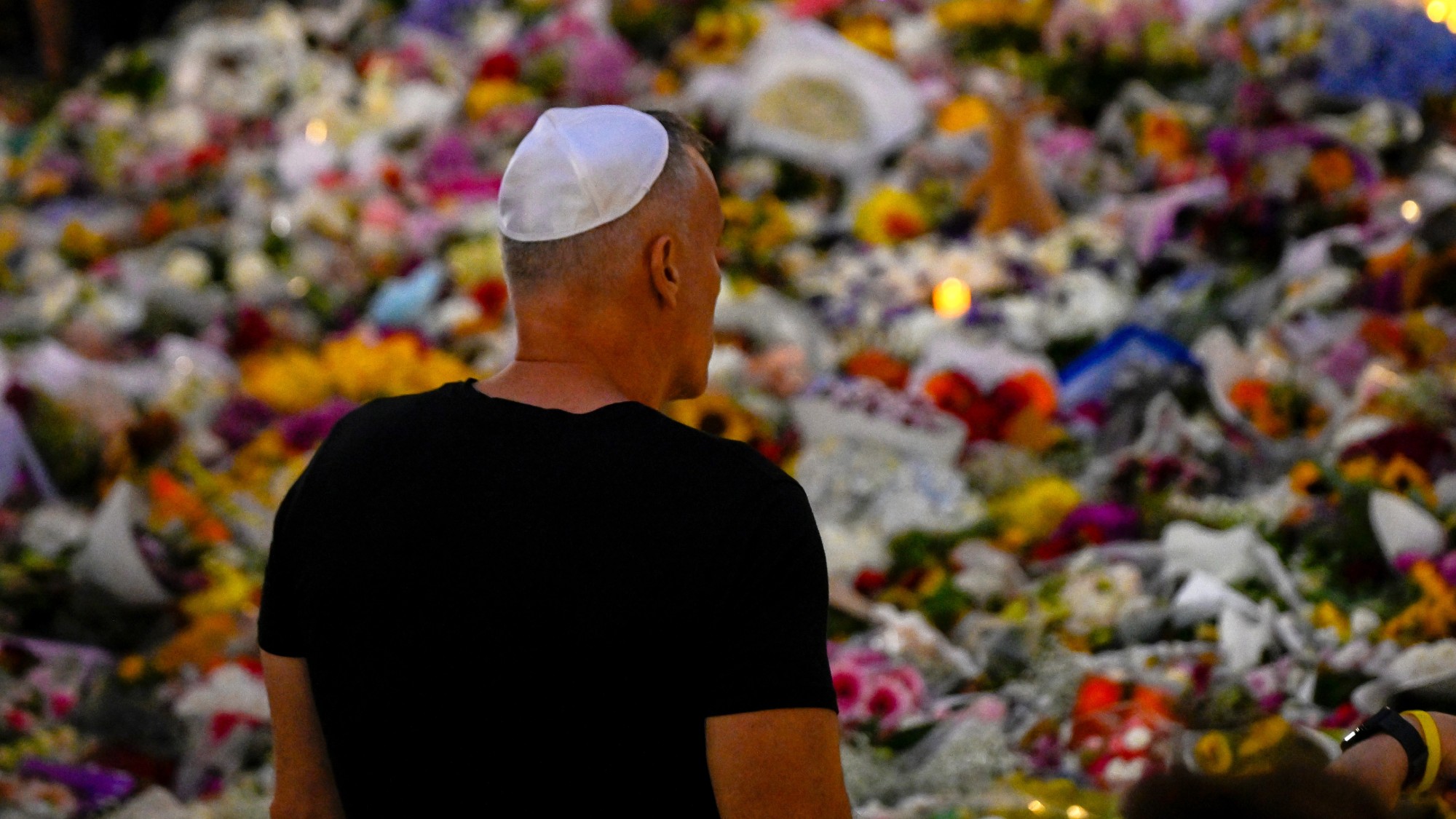 Who is fuelling the flames of antisemitism in Australia?
Who is fuelling the flames of antisemitism in Australia?Today’s Big Question Deadly Bondi Beach attack the result of ‘permissive environment’ where warning signs were ‘too often left unchecked’
-
 Ten years after Bataclan: how has France changed?
Ten years after Bataclan: how has France changed?Today's Big Question ‘Act of war’ by Islamist terrorists was a ‘shockingly direct challenge’ to Western morality
-
 Arsonist who attacked Shapiro gets 25-50 years
Arsonist who attacked Shapiro gets 25-50 yearsSpeed Read Cody Balmer broke into the Pennsylvania governor’s mansion and tried to burn it down
-
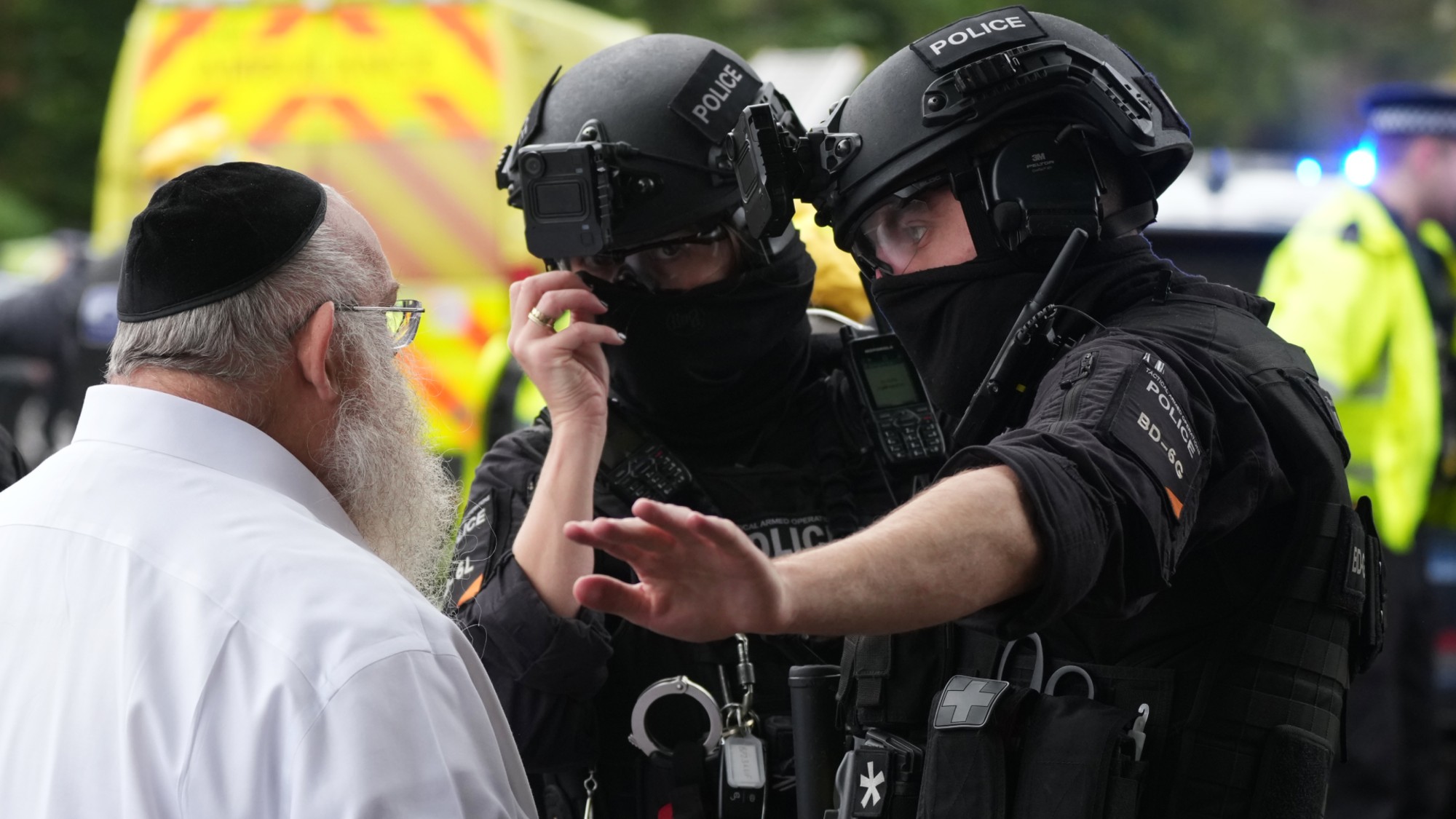 Manchester synagogue attack: what do we know?
Manchester synagogue attack: what do we know?Today’s Big Question Two dead after car and stabbing attack on holiest day in Jewish year
-
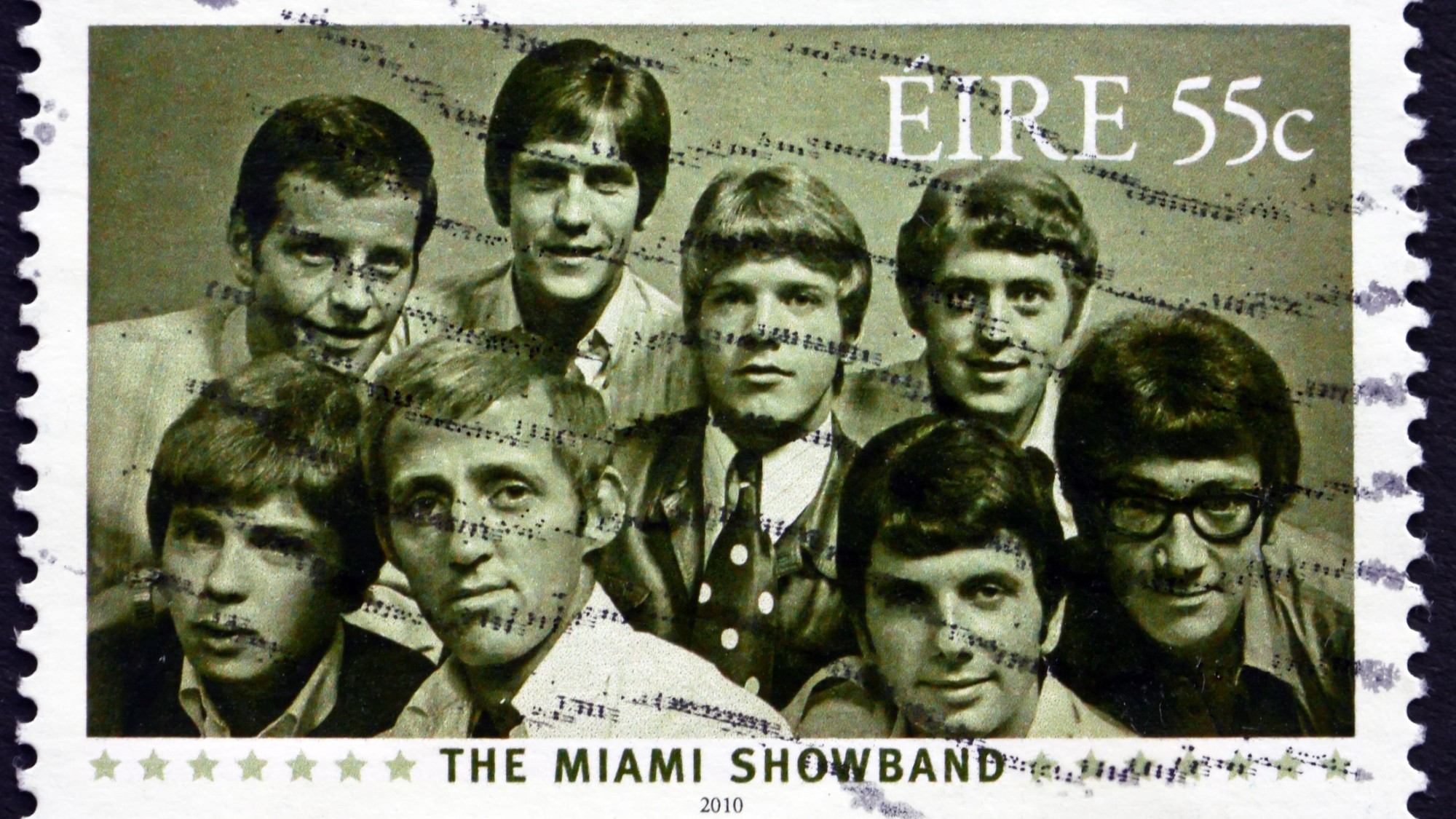 The Miami Showband massacre, 50 years on
The Miami Showband massacre, 50 years onThe Explainer Unanswered questions remain over Troubles terror attack that killed three members of one of Ireland's most popular music acts
-
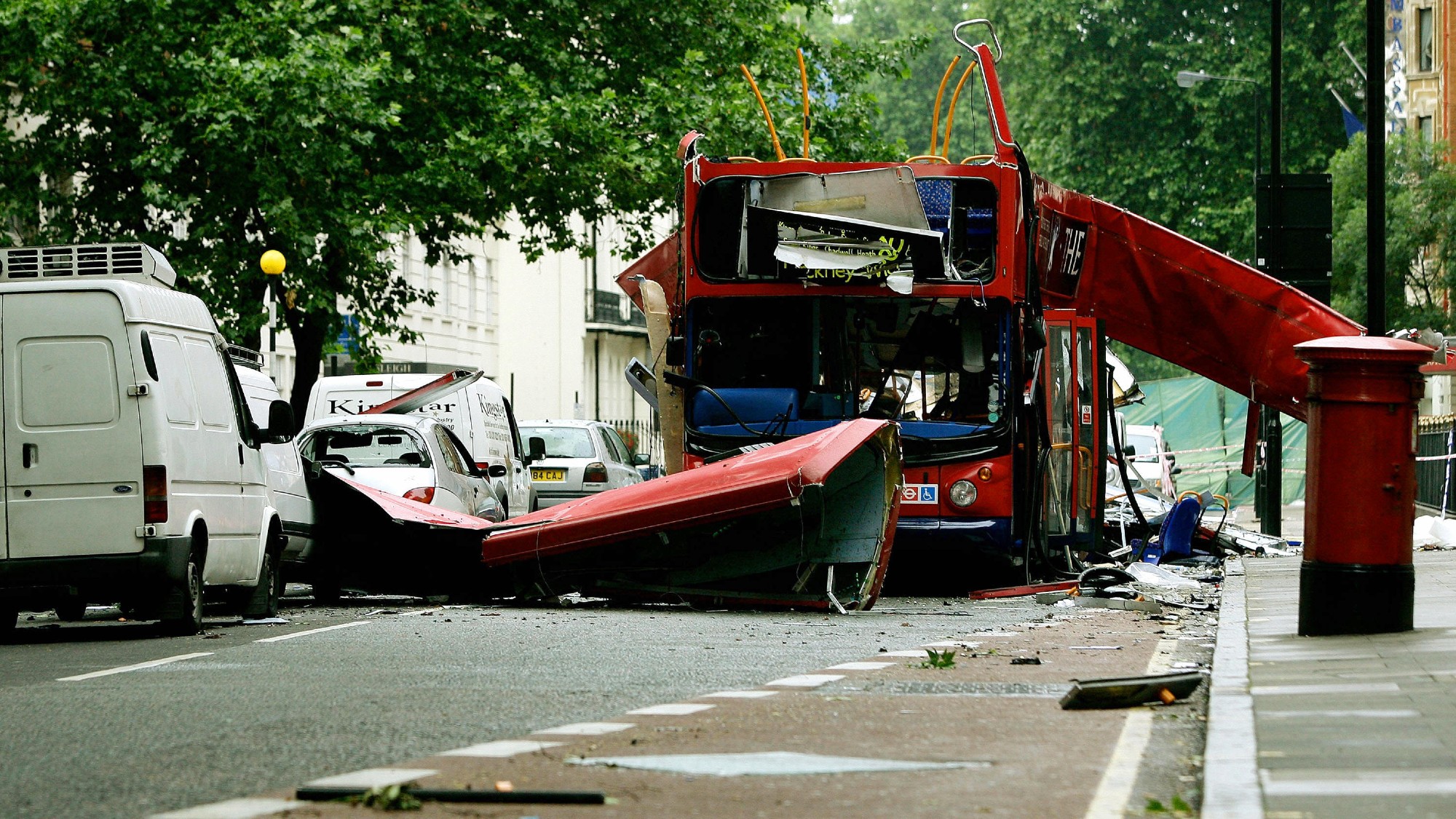 The failed bombings of 21/7
The failed bombings of 21/7The Explainer The unsuccessful attacks 'unnerved' London and led to a tragic mistake